
The different models of regulation after the legalization of cannabis
- , by SAS HerBeevor
- 5 min reading time
Let's dive into the fascinating world of cannabis regulation, a topic that turns heads far beyond casual smokers. Inspiration-seeking legislators, curious researchers, and even savvy entrepreneurs will find food for thought here. The article promises a detailed exploration of existing models, an in-depth analysis of the impact of legalization, and a provocative overview of current challenges. And for those who always look to the future? Surprising insights into what tomorrow might bring!
Existing regulatory models
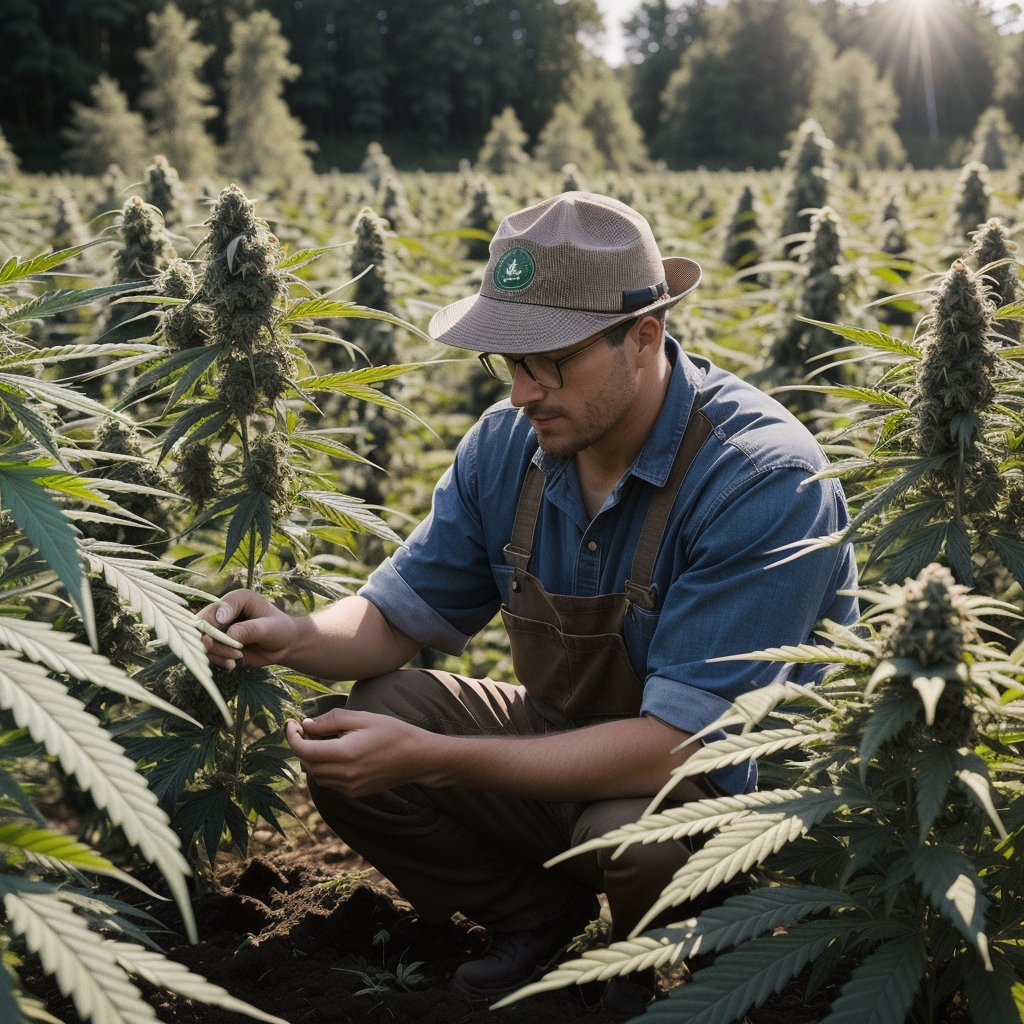
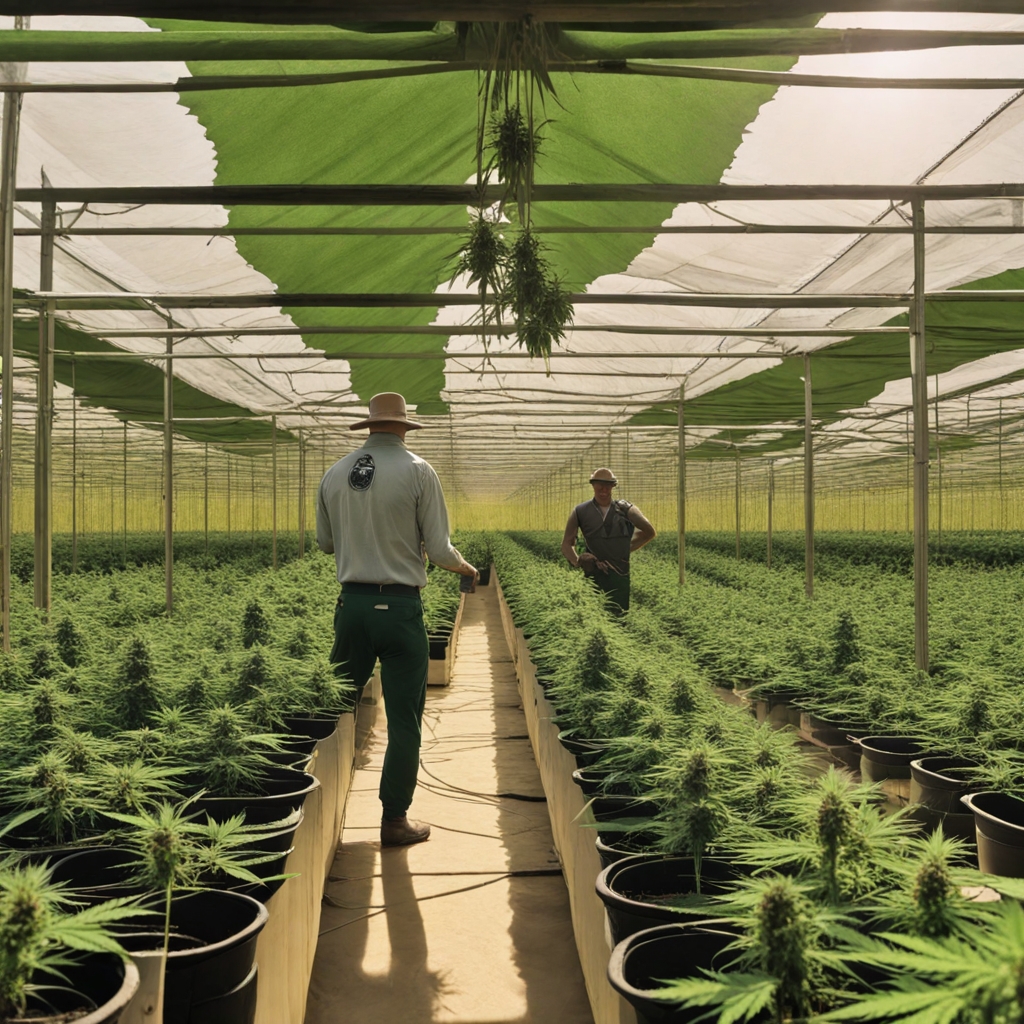

Has anyone ever thought about the irony of the situation? We have spent years demonizing cannabis and now we are talking about its legalization. It's as if we had suddenly discovered that he wasn't just good at making friends laugh at student parties. According to a study published in The Lancet Psychiatry in 2019:
- The legalization of medical cannabis is associated with a significant reduction in the use of prescription opioids.
- This suggests potential for reducing the opioid crisis.
- By strict control of production and distribution?
- Or by total market liberalization?
International case studies
The United States, or how to become a legal dealer
Ah, the United States! The land of opportunity and the American dream. And what better dream than to legally sell cannabis? Since legalization in several states, we are witnessing a veritable green gold rush. The rules are strict: you must obtain a license to cultivate, process or sell the precious product. A regulation which made it possible to avoid total chaos and to maintain a certain control over this new lucrative industry.
Canada: when the maple leaf turns green
Meanwhile in Canada... Queen Elizabeth II must turn around in her palace seeing her Canadian subjects quietly smoking their joint after buying their weed at the local tobacconist. Since 2018, our Canadian friends have decided to make the sale and consumption of recreational cannabis legal for adults. A well-oiled system with points of sale controlled by the State thus allowing effective regulation while generating substantial revenue through taxes imposed on each transaction.
The impact of legalization
A breath of fresh air for the local economy
Legalizing cannabis is like opening a new chocolate factory in an elf village. The elves are delighted and the village economy soars ! The legalization of cannabis tends to boost local economies by creating jobs and generating substantial tax revenues. It's a bit like we discovered that unicorns really existed and that we could tax their magical glitter.
Public health takes off
And then there is public health which begins to do joyful pirouettes. No more adulterated products sold secretly by Bob the not-so-clean dealer! With legalization, there is room for rigorous quality control to ensure consumers a safe product. You could almost compare it to replacing your old polluting car with a brand new electric one: it's better for everyone!
Oh yes, I almost forgot... some European countries have already taken the plunge with legalization of recreational cannabis and they seem pretty happy with their new golden unicorns...
Current challenges and controversies
While some are declaring victory for the legalization of cannabis, others are still scratching their heads trying to understand how to regulate this new market. The challenges are as numerous as the cannabis strains available at your local dispensary.
- There is the ever-present challenge of the minimum age for purchasing and consuming. Some say 18 years, others 21 years. And then there are those who think we should just give everyone a joint the moment they're born.
- Next, you have to decide how much a person can possess at one time without being considered a trafficker. A gram ? Ten grams? A whole ton?
- And let's not forget the thorny problem of taxes on cannabis - too high and we risk fueling the black market; too low and we don't raise enough to finance these fabulous April 20 celebrations.
- Finally, there remains the crucial question: where is it acceptable to smoke legal weed? In public parks or only in the cozy intimacy of private living rooms?
All this creates a complex mosaic of laws which can vary not only from one country to another but also between different regions within the same country. It's sure that it's going to take more than a simple puff to solve all this!
Potential future models
The green pill
What is green, smokeable and could soon be sold in pharmacies? No, it's not the latest miracle cure for baldness. Adopting a pharmaceutical approach to post-legalization cannabis regulation is a serious possibility. Imagine a world where your doctor prescribes cannabis to you like he would prescribe painkillers or sleeping pills . A world where pharmacies become the new legal dealers marijuana. Does that sound crazy? Maybe not so much.
Government in the weed business
Now imagine a different scenario: that of a government monopoly on the sale of cannabis after its legalization. The government would then be the only supplier authorized to cultivate and distribute this controversial herb (and no, we're not talking about parsley here). Taxes from these sales could help fund various social programs - perhaps even a new, "greener" version of Santa Claus?
Let the market do its thing!
Let's consider a third potential model: the opening to a fully privatized cannabis market after its legalization. In this case, any entrepreneur with enough space in their garden could go green... literally! Private companies would be free to produce and sell their own weed without direct government intervention - aside from a few health regulations Of course.
Tags
News
-
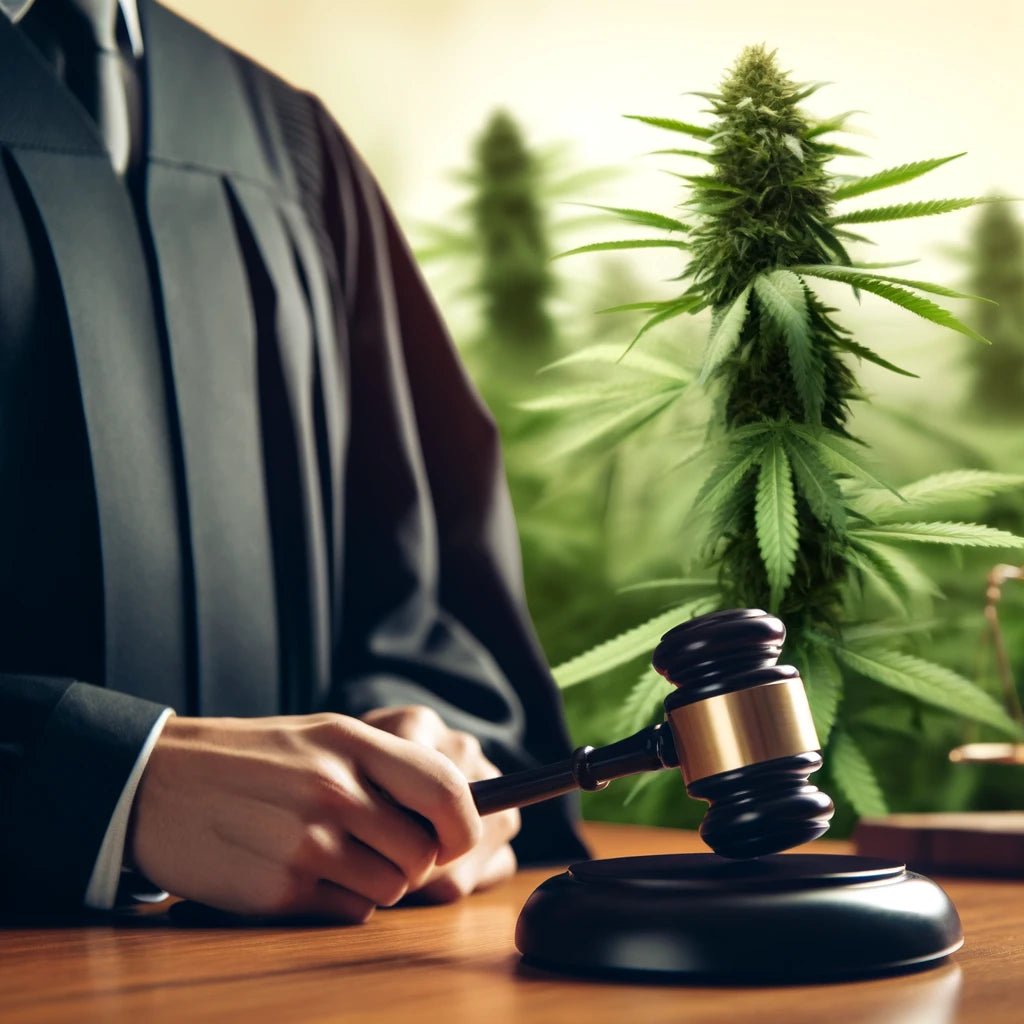
, by Terry Esteve Cancellation of the Court Summons for a Cannabis Grower in Poitiers: Implications for French Cannabis Legislation
Cancellation of the Court Summons for a Cannabis Grower in Poitiers: Implications for French Cannabis Legislation -
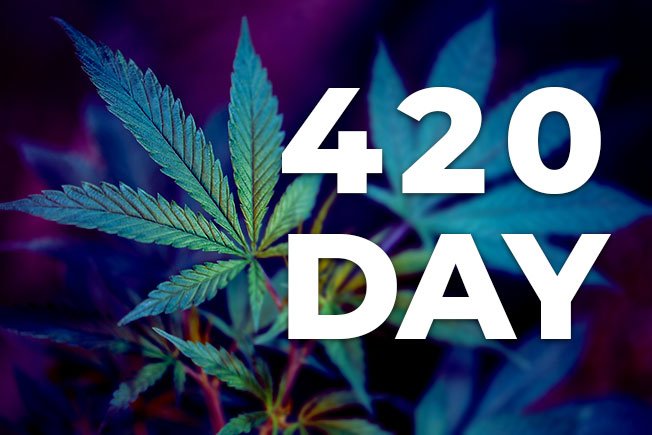
, by Terry Esteve World Cannabis Day at Herbeevor on April 20, 2024
World Cannabis Day at Herbeevor on April 20, 2024 -
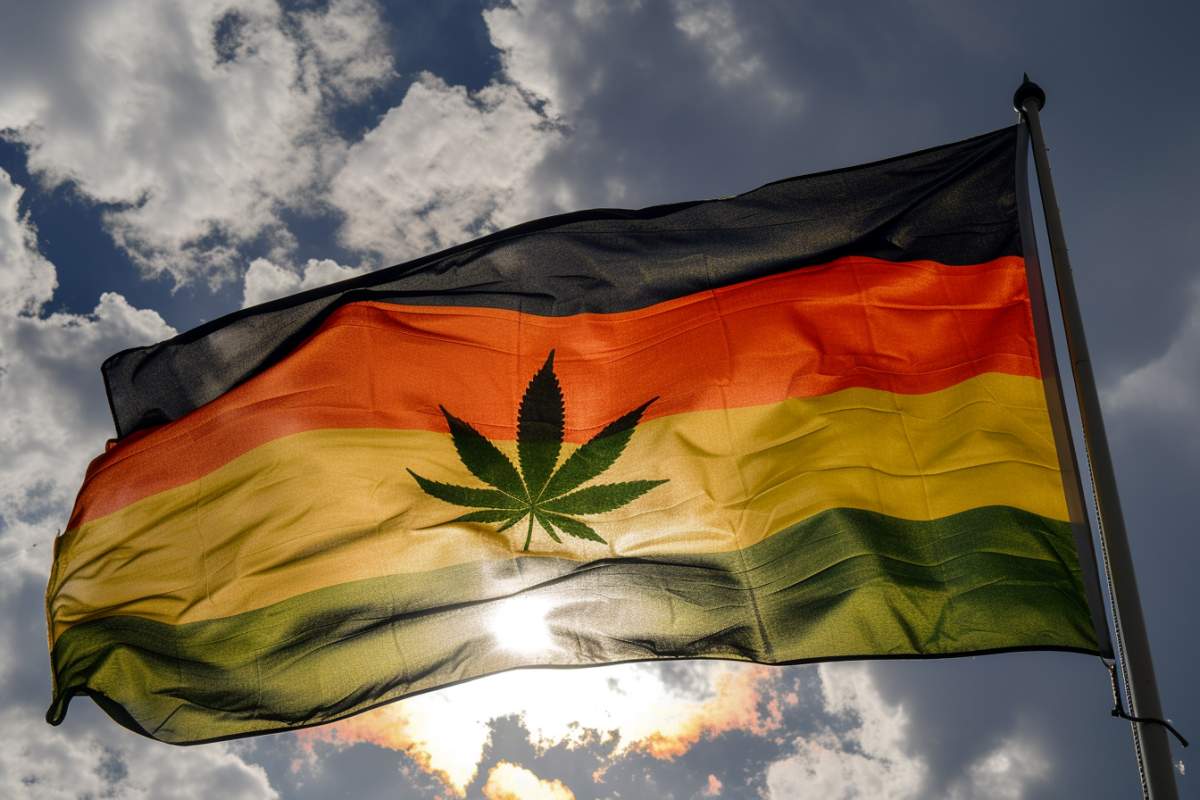
, by Terry Esteve The New Era of Cannabis in Germany: Understanding Legalization and Its Implications
The New Era of Cannabis in Germany: Understanding Legalization and Its Implications




